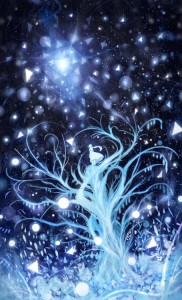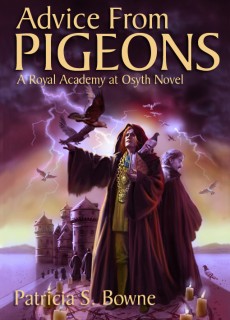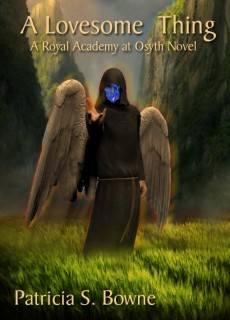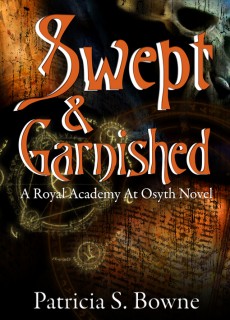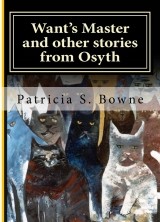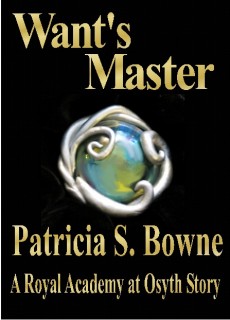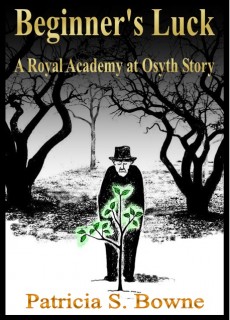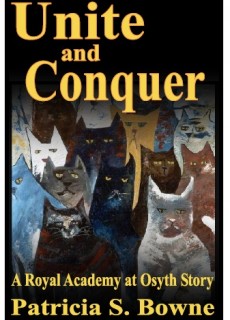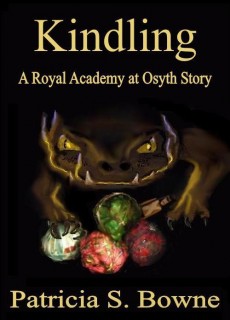Living up to my demand that bloggers actually review SFF instead of just telling us how it should be done. Though I am not good at the straight review, more at musing about things… anyway, the boom in SFF short story publishing has apparently not been accompanied by anybody paying the slightest bit of attention to the stories once they are published. So I think it’s important for those of us who read neglected journals to post something about what we found there, even if we’re not the world’s best reviewers.
The winter issue of Rose Red Review contains 6 short stories, one piece of flash fiction, and ten poems. I had no idea fantasy poetry was such a big deal nowadays!
I’ll divide my reviews into several posts, because I am long-winded. And I get off-track and wonder about things that have nothing to do with the stories, so perhaps these should be taken as responses rather than reviews.
Nova and the Moon by Ani King – I read an essay last month that claimed modern fantasy was very heavy on stories that used fantasy as symbolic representation of everyday emotions. Say what? I thought, and then I picked up this story, which the essay could have been written about. That’s not a criticism, as the fantastic elements worked very well to evoke the dreamy, springtime feeling of youth.
This story made me think of Prairie Home Companion, with its deftly sketched small town characters. I don’t often read fantasy set in grocery store checkout lines! I especially liked the forcefulness of the shop owners. Without them I would have lost patience with the two lovers, who definitely needed several good kicks to get them started.
The only fantastic element in this story that couldn’t be viewed as symbolic was the shop owners’ feathers, and they didn’t seem to play a major role in the story – which made them a little uncomfortable-feeling. That element bugged me, because if it were real it would be important and the world would be different.
What did I take away from this for my own writing? Definitely the use of fantasy tropes to evoke the wonder-filled, romantic feeling. But also, that fantasy isn’t a good in itself. Nothing was gained, for me, by putting something in that only served to say ‘yes, this really is fantasy.’ It just raised questions and expectations that had nothing to do with the story’s main point.
The Fire People by Rebecca Harrison – This story interested me from the beginning, since I’ve just finished a novel in which tale-telling is a major point. The child’s response to stories here seemed completely authentic. What struck me most was that the grandmother’s stories aren’t described as having plots, only settings. They evoke the night wind, the slice of desert laid out on a green field. And what the children draw from the stories is also settings and objects, rather than plots. They wait for statues to come to life, or for hidden passageways to open.
I found this tremendously true to my own experience – that stories were more about what was in the world than about what it did. As a child, I felt I could supply all the plot needed if only that passageway would open! And indeed, these children do supply the plot when the fire people they’ve dreamed of actually appear.
The gradual appearance of the fire people is what’s stuck with me a month after reading this story. The hints and sightings, the period when they hovered at the edge of reality…
The second half of the story, the adventure, didn’t entrance me as much as the first part. It had more of a classic fairy-tale feel to it, the clever girl’s plan working without any explanation of why she thought it would work. This gave me a lot to think about, because that is definitely a potential weakness of the fairytale format. In this case, it made the second half of the story feel a little less real than the first half.
This is something I see so often in fantasy, both in written and graphic form. The parts of a story or picture based on our own world are often clearer and more beautiful than the actually fantastic parts. In this story I could see the shafts of sunlight in the weaving room far more clearly than the firelight inside the glass palace. Of course, that’s because I had less memory of glass palaces to draw on, but how can a writer compensate for that most effectively?
Both of these stories reminded me that what we want from fantasy is that sense of something rich and strange, that the wonders of the world are not closed off from us. And that a big part of that sense, at least for me, comes from uncertainty and longing. The tone of a story changes when the fantastic becomes real and has to be dealt with.
Perhaps this is why there are (if there are) so many stories nowadays in which fantasy is mainly symbolic. Perhaps we are trying to re-enchant this world, rather than get out of it into another one?

